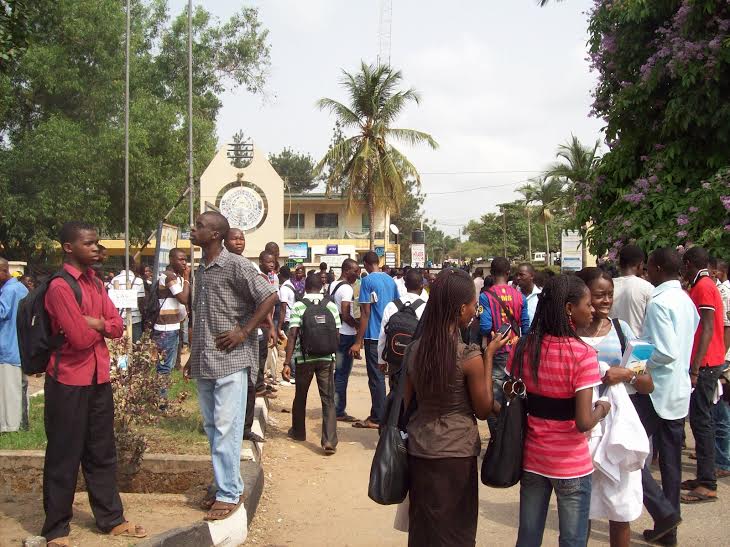Ken Opara
Ken Opara, the immediate past president of the Chartered Institute of Bankers of Nigeria (CIBN), says universities must evolve into innovation ecosystems and not just centres of instruction.
Opara was the guest speaker at Trinity University Faculty Lecture Series on Thursday in Lagos.
He said that every institution must go beyond theory to embed artificial intelligence (AI) literacy, entrepreneurship, and problem-solving across all disciplines.
The lecture was organised by faculty of arts, management, and social sciences of the university.
Advertisement
It was titled “Artificial Intelligence and the Future of Work: Opportunities and Challenges in a Digital Era.”
Opara, also executive director at Fidelity Bank, said only institutions that embrace research and digital innovation would lead national progress in the AI era.
“In this digital era, progress will not depend solely on machines, but on humans who use them with wisdom and compassion,” he said.
Advertisement
He noted that Trinity University was already incorporating AI into its curriculum.
“This will go a long way to equip students with practical skills in AI and other technology fields, with instruction provided by faculty with real-world industry experience in AI,” he said.
Opara also noted that the university had been hosting discussions and conferences that focused on AI’s role in various fields.
He said that AI was transforming not only how economies grew but also how people worked and learnt.
Advertisement
“The World Economic Forum (2025) projects that 170 million new roles will emerge globally by 2030 and 92 million existing roles may become obsolete,” he noted.
“Seventy per cent of new jobs by 2035 will require some form of digital competence.
“AI will not destroy work. The most valuable workers will be those who merge digital fluency with human insight (creativity, ethics and empathy).”
Opara said that nations would thrive not through technology alone, but also through people who would use technology wisely and ethically.
Advertisement
He said governments have a pivotal role to play in ensuring that AI would not widen inequality.
He urged governments to invest in digital infrastructure, broadband access and education reform.
Advertisement
Opara called for policies that would encourage innovation while protecting privacy, security and human rights which, he said, were critical.
He added that AI would promote evidence-based governance and smart services and encourage entrepreneurship and new technology sectors.
Advertisement
He also said it would build national competitiveness through innovation.
He said there is need for policies to make Nigerian youths to be active consumers of AI technologies.
Advertisement







